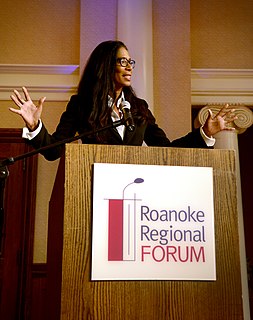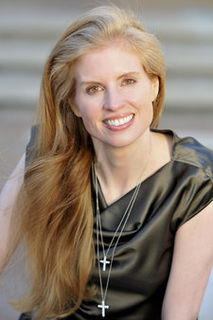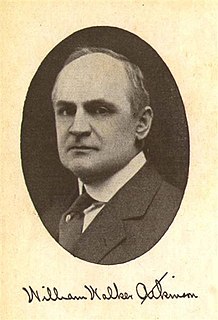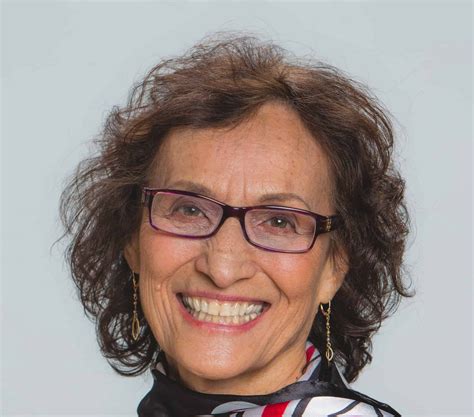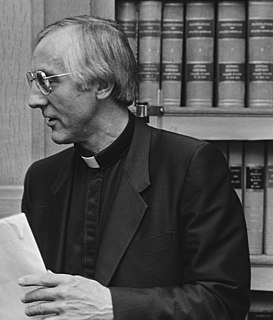A Quote by Cherie Blair
My advice to organizations I work with is always to be proactive rather than simply reactive when it comes to human rights issues. After all, the important process of improving company policies and practices must be carried out without having to be prompted by a labour strike, factory collapse or other crisis.
Related Quotes
Being proactive is more than taking initiative. It is recognizing that we are responsible for our own choices and have the freedom to choose based on principles and values rather than on moods or condition. Proactive people are agents of change and choose not to be victims, to be reactive, or to blame others.
The organizers first job is to create the issues or problems, and organizations must be based on many issues. The organizer must first rub raw the resentments of the people of the community; fan the latent hostilities of many of the people to the point of overt expression. He must search out controversy and issues, rather than avoid them, for unless there is controversy people are not concerned enough to act. . . . An organizer must stir up dissatisfaction and discontent.
For black politicians, civil rights organizations and white liberals to support the racist practices of the University of Michigan amounts to no less than a gross betrayal of the civil rights principles of our historic struggle from slavery to the final guarantee of constitutional rights to all Americans. Indeed, it was practices like those of the University of Michigan, but against blacks, that were the focal point of much of the civil rights movement.
Foreign policy commands attention when it's crisis management. A street revolt breaks out in Egypt or Libya or Kiev and everyone asks, how should the president respond? Now these are important parts of America's role in the world, but they are essentially reactive and tactical. The broader challenge is to lay down a longer-term strategy that endures after the crisis of the moment.
Success is not to be gained by a blind and slavish following of anyone's rules or advice, our own any more than any other person's. There is no royal road to success- no patent process by which the unsuccessful are to be magically transformed. . . . Rules and advice may greatly assist-and they undoubtedly do this-but the real work must be accomplished by the individual. He or she must carve out his or her own destiny.
To the greatest extent possible, I try to make choices that involve the least amount of cruelty and environmental damage. I'm interested in sustainable agriculture, environmental issues, human rights, and my interconnectedness in the web of life. It is a great pleasure for me to find products and practices that have a positive effect on living beings and the environment, rather than a negative one.



